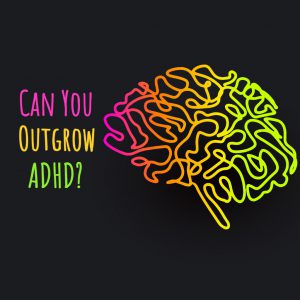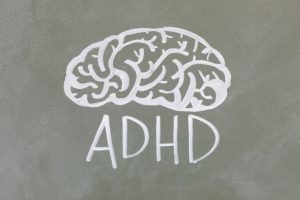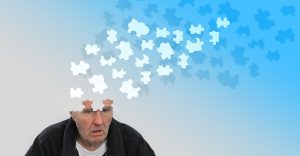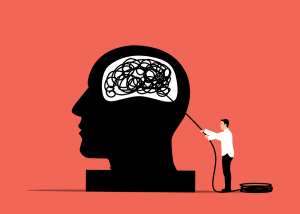It is estimated that around 4 to 5% of U.S. adults are living with attention-deficit/hyperactivity disorder, or ADHD. But, with that being said, it’s thought that many adults who have this condition don’t actually get diagnosed or treated for it, which means there may be more people who have ADHD than we are aware of.
The adults who do know they have ADHD might have been aware of their condition since childhood, since that is when it is most often detected. Some, though, might have thought that they would outgrow the condition. But most research points to the fact that it is rarely outgrown. ADHD symptoms can continue into adolescence and adulthood, although the symptoms might look different at different stages of life. So, what can you expect as an adult living with ADHD?
What Is ADHD?
ADHD is one of the most common neurodevelopmental disorders of childhood. Symptoms include inattention, hyperactivity, and impulsivity, which are considered chronic and debilitating, and can lead to low self-esteem, among other issues. It is often first identified in school-age children when it leads to disruption in class or problems with school work. It commonly affects boys more often and/or is diagnosed more in boys than in girls.
One study found that ADHD symptoms are often worse in children aged 6 to 8, and gradually decline around age 11. Symptoms of hyperactivity and impulsivity were more likely to decline with age. While symptoms of inattention were more likely to persist.
People with ADHD of the inattentive type have trouble paying attention to details, are easily distracted, often have trouble organizing or finishing tasks, and often forget routine chores (such as paying bills on time or returning phone calls).
ADHD in Adulthood
Many children diagnosed with ADHD will continue to have the disorder later in life, and some may require ongoing treatment. In fact, many people with ADHD might not be diagnosed until their teenage or adult years. This is especially true for girls and women, who are more likely to experience inattentive ADHD. Which tends to be harder to detect. Typically, adults with ADHD are treated with medicine, psychotherapy, or a combination of both.
 Symptoms in adulthood can be more varied and present in more subtle ways than in childhood. Some examples include:
Symptoms in adulthood can be more varied and present in more subtle ways than in childhood. Some examples include:
- Disorganization
- Impulsive decision-making
- Internal restlessness
- Wandering attention
- Procrastination
Symptoms will not get worse with age. Mainly because adults are equipped with more coping skills and resources to help manage their symptoms.
Health Insurance & ADHD
ADHD treatment falls under “mental health treatment” benefits. So, if your health insurance plan doesn’t include mental health coverage, you won’t be covered for ADHD treatment. If you have a plan that doesn’t have the coverage you need, or if you’re not sure what plan is right for you, speak to an EZ agent! EZ agents are highly trained and knowledgeable. And will sort through all available plans to make sure that you’re completely covered no matter what.
We offer a wide range of health insurance plans from top-rated insurance companies in every state. And because we work with so many companies and can offer all of the plans available in your area, we can find you a plan that saves you a lot of money – even hundreds of dollars – even if you don’t qualify for a subsidy. There is no obligation, or hassle, just free quotes on all available plans in your area. To get free instant quotes, simply enter your zip code in the bar above. Or to speak to a local agent, call 888-350-1890.




